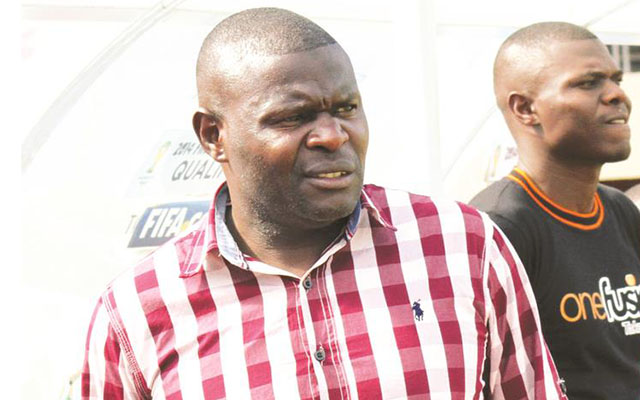Impact of child marriages on the African continent

Mareledi Segotso Correspondent
In 2014, the African Union (AU) launched the campaign to end child marriages, which is a pathway to end child marriages in Africa and providing a brighter future for millions of girls.
The AU campaign follows the realisation that fundamental rights have not been fulfilled for some young people, in particular young girls. It is totally unacceptable that one in three girls in low and middle income countries is married before they turn 18 years old and one in nine by age 15 years. In the course of this year alone, about 15 million girls will become child brides. Ending child marriages therefore remains a huge task for society, political, traditional and religious leadership and at family level.
There is need to go beyond rhetoric and focus on safeguarding the rights of girls, if current gains are to be sustained and economic and social transformation is achieved. There are a lot of correlations between child marriage and development.
Maternal mortality
Nine out of 10 teen births occur in the context of child marriage. The teen pregnancies, especially first time pregnancies, are associated with high rates of maternal mortality and morbidity due to obstructed labour; pregnancy-induced hypertension; as well as obstetric fistula amongst other causes.
Gender equality and women and girls empowerment
Millions of adolescent African girls, who have been married off young, are subjected to a life of poverty and abuse. For every girl in this situation, she is forced to drop out of school and forgo her life’s potential of becoming a healthy, skilled and empowered woman — all because of limited alternative options.
Sustainable socio-economic/integrated development
Addressing child marriage in the region will not only change the lives of millions of girls, it will also provide stakeholders with a window of opportunity for harnessing Africa’s demographic dividend, which for the African youth (including the girl child) is a fulfilling of inclusive socio-economic development aspirations — education, health, decent job, economic opportunities, engagement in decision making process among others. Society cannot reduce poverty and realise the inclusive economic and social development we strive for in Africa unless and until we make the right investments in our youthful population including investing in multi-sectoral interventions to end child marriage, among other development challenges.
There is need to continue the narrative of child marriage in the continent as a huge movement regionally to end child marriage. We can’t allow child marriage to deny girls their basic fundamental rights — their right to live free of violence, to have a choice in our communities, participate in our development, to choose when and with whom to spend their lives with and decide when and how many children to have.
We must not allow child marriage to prematurely make girls “women” in the eyes of society. We must not allow child marriage to make girls “child brides” before their young bodies are ready for pregnancy, child birth and parenting.
There is need for the media to continue supporting continental launches of the AU campaign to end child marriages, advocate for action to be taken by governments towards creating an enabling legal and policy framework, to set the age of marriage at 18 in all countries and adopting national strategies on ending child marriage in line with international and AU conventions and commitments. Investments in research, communication as well as best practices should be made as this will foster evidence-based programming for girls.
Creation of nuanced narratives to describe the multitude of causes which lead girls to marry, as well as to accurately capture their experiences within marriage to help shape the public discourse on child marriage is vital. Africa’s translation of the far reaching, comprehensive and people-centred Agenda 2030 for Sustainable Millennium Development manifest in what we collectively do today towards ensuring the realisation of its young people’s potential, especially adolescent girls, for therein lies Africa’s future.
Mareledi Segotso is UNFPA Botswana Assistant Representative. She presented the paper at a regional capacity building meeting on increased advocacy to ending child marriage through engagement of the media in Southern Africa. The training workshop was hosted by the African Union Commission and its partners that include UNFPA, Plan International, Unicef, World Vision, IPPF and RIATT in Gaberone, Botswana.









Comments